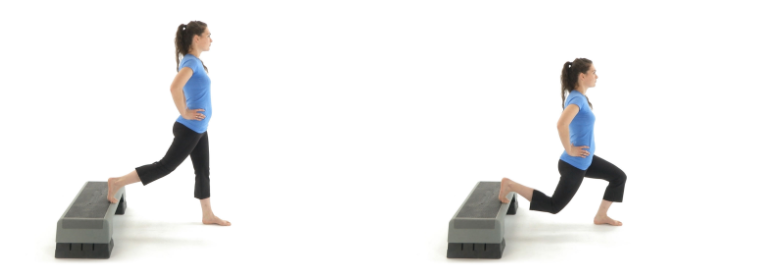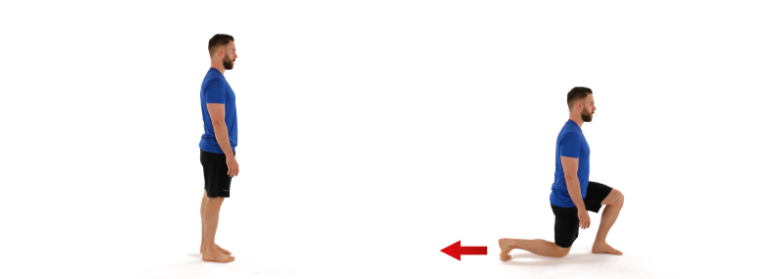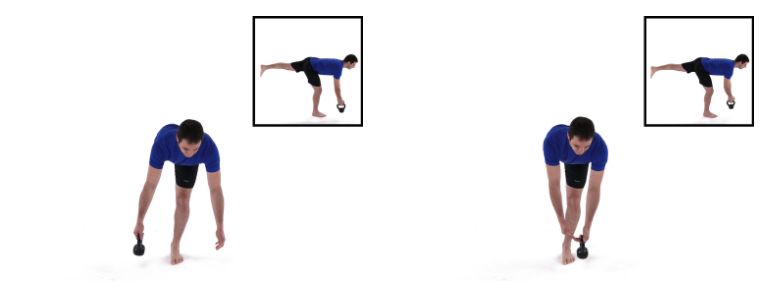Elevate Your Running Performance with These 3 Unique Strength Moves
Written on
Chapter 1: The Importance of Strength Training for Runners
If you're on the hunt for effective running exercises, consider incorporating single-leg movements into your routine. These exercises not only build strength and stability but are also fantastic at boosting your performance and warding off the common injuries that many runners face.
Many runners feel daunted by the prospect of adding cross-training to their regimen, often viewing it as time-consuming and exhausting. However, it doesn't have to be that way. By dedicating just 10-15 minutes twice a week to these three exercises, you'll place yourself ahead of other athletes who solely run.
Next time you're at the gym, take a break from your usual routine and challenge yourself with something new. Single-leg exercises are not only beneficial for your health and performance but also offer a refreshing change from traditional squats. If you're feeling stuck in your workout routine or need guidance for starting strength training, you've come to the right place!
Three Single-Leg Exercises That Will Transform Your Running
As always, if you have any pre-existing health issues or concerns about strength and stability exercises, consult your healthcare provider first. Each exercise includes options for both beginners and experienced athletes, with modifications and progressions provided. Remember to perform a proper warm-up before engaging in strength training—this could include a light jog, mobility work, or warm-up sets without weights.
Here are three exercises to elevate your running game:
- Bulgarian Split-Squat

Application: 10-15 reps per side (2 sets)
Instructions: Step back until your rear toes rest comfortably on a step or stair. Lower down, keeping most of your weight on the front leg. Ensure your feet are spaced apart enough to allow a full lunge while keeping your front knee aligned with your toes. If your hip flexors feel overly stretched, move in slightly. This movement effectively engages both quadriceps, offering a unique challenge for balance and strength.
Modifications: To increase intensity, elevate the step height, use a bench, increase reps, or add weights. For regression, lower the step or position yourself near a wall for balance support.
- Reverse Lunges

Application: 20-30 reps, alternating legs after each repetition.
Instructions: Step back with one leg and find your balance. Once stable, bend the front knee to lower the trailing leg toward the ground. To return, extend the lead hip and step forward to the starting position, keeping your torso upright throughout.
Modifications: To progress, hold dumbbells or add a rotational movement at the bottom while holding a weight. To regress, try a walking lunge or a forward lunge first, using a box or bench for balance if needed.
- Single-Leg Romanian Deadlift

Application: 10-15 reps per side (2 sets)
Instructions: Begin by tightening your core and aligning your ribs over your pelvis. Plant one foot and hinge at the hips, extending the back leg behind you. Maintain a neutral back and neck with your core engaged. Once you reach your maximum controlled depth, extend your hips and activate your glutes to return to the start. Keep any weights close to your legs for back protection.
This exercise helps balance the overworked quadriceps with the often-neglected posterior chain (hamstrings, glutes, etc.) and has been shown to enhance hamstring flexibility.
Modifications: To increase difficulty, add weight, shift the weight during the movement, or start on a step to enhance the range of motion. For regression, remove weights and use a wall or TRX handles for support.
Note: As observed, the images feature athletes training barefoot. While you can certainly try this, similar benefits can be achieved while wearing shoes, so no need to worry about discomfort!
In Closing
If you're a runner who has shied away from resistance training, consider this your wake-up call. Maximizing your performance is only achievable through relevant cross-training exercises. Don't see this as a burden—short, 10-15 minute sessions of three straightforward exercises can significantly enhance your running and help protect you from injuries.
Incorporating single-leg work into your routine will lead to improved strength, speed, and resilience against the various challenges associated with this wonderful sport.
- David Liira.Kin